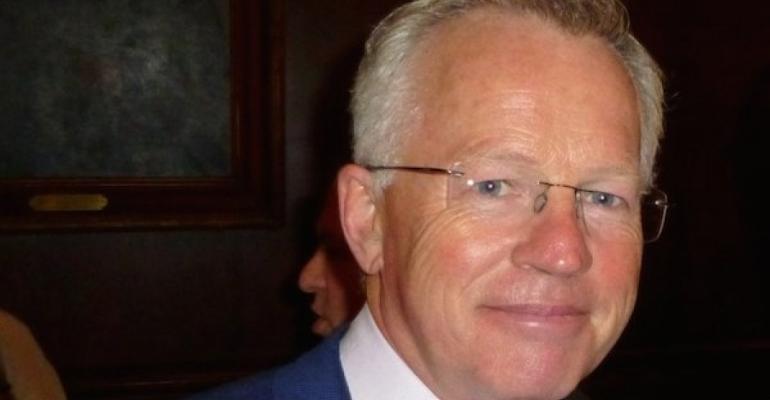Using the example of New Zealand lamb which competes successfully with Welsh lamb on the shelves of British supermarkets, Rodgers pointed out that if proper transport pricing were applied to meat exports from the southern hemisphere, the economics would look very different – the inference being that the business case for the seaborne shipment of such produce really doesn’t stand up.
The same point could be applied to raw materials shipped long distances by sea when they could be semi-processed at origin and transported in smaller volumes to consuming markets.
Read more on this topic from Martin Stopford
Rodgers has had a lot to say about marine fuel recently and his robust anti-scrubber position has certainly raised some hackles. It is not only shipowners and operators, though, who are hedging against hefty rises in bunker bills likely this year and beyond as the impact of the IMO’s January 2020 sulphur cap brings to an end the era of 3.5% heavy fuel oil.
Some charterers have been entering into medium-to long-term charter deals on scrubber-fitted vessels where the risk of higher fuel prices is taken out. In this way, shipping’s customers can hedge their exposure to higher fuel costs and firmer charter markets.
Read more: Owners warned of operational and regulatory challenges with scrubbers
Rodgers is not yet ready to reveal what he plans to do next but his zeal in promoting what he sees as shipping’s understated success story is unmistakable. Marine safety and the environment could well have something to do with his next move and, in these respects, shipping has a fantastic record, he says. Its piratical image, partly encouraged unwittingly by the industry itself, may not reflect this, however, and its strong message is not reaching most people.
Much, although not all of seaborne trade is essential for the smooth-running of the world economy and therefore warranted. But Rodgers believes that lifestyle choices are having an increasing impact on growing global emissions, particularly the exponential rise in air miles. This is certainly not to leave room for any complacency. Rodgers established Euronav as a founding partner of the Global Maritime Forum which champions, amongst other things, the decarbonisation of shipping.
He may not speak for much longer as the head of the world’s largest listed tanker company, but he will undoubtedly still be heard wearing some other mantle.
Copyright © 2024. All rights reserved. Seatrade, a trading name of Informa Markets (UK) Limited. Add Seatrade Maritime News to your Google News feed.


